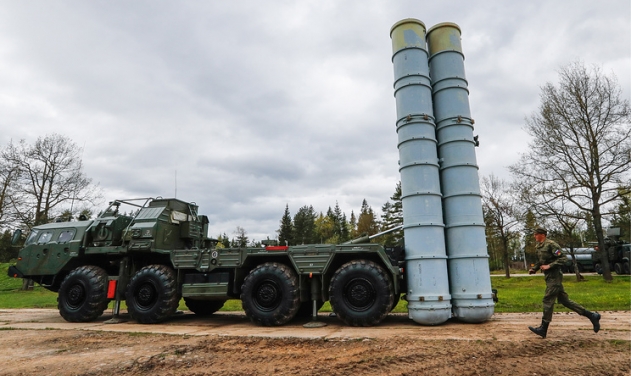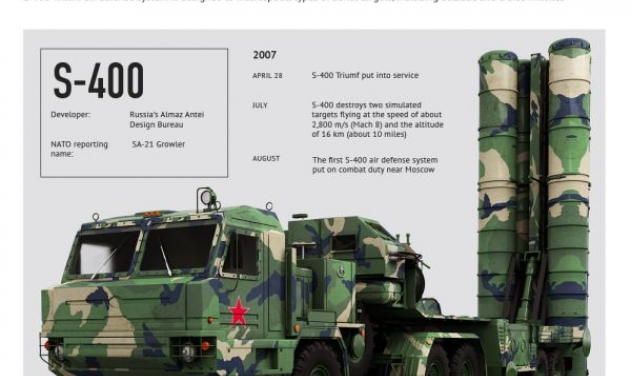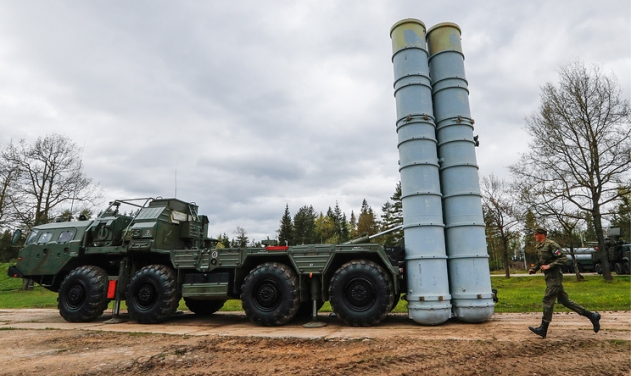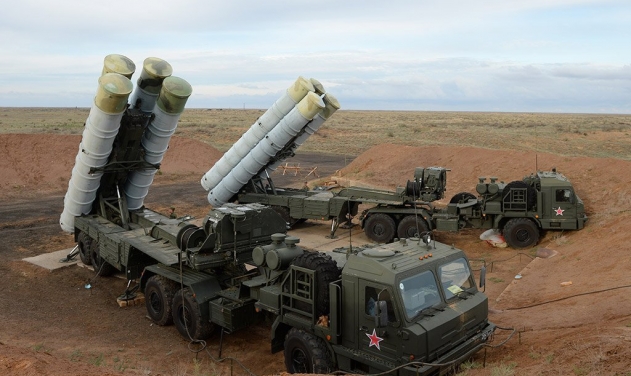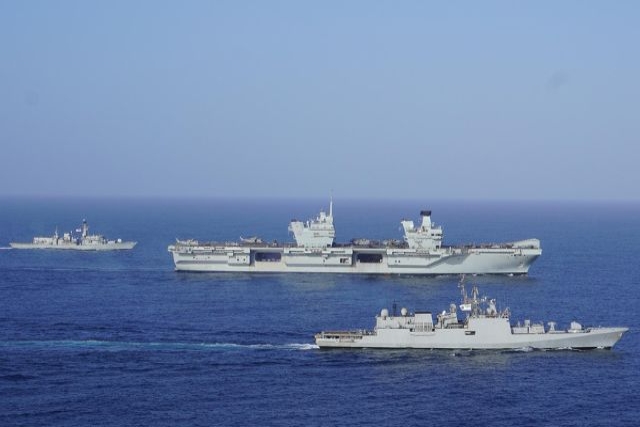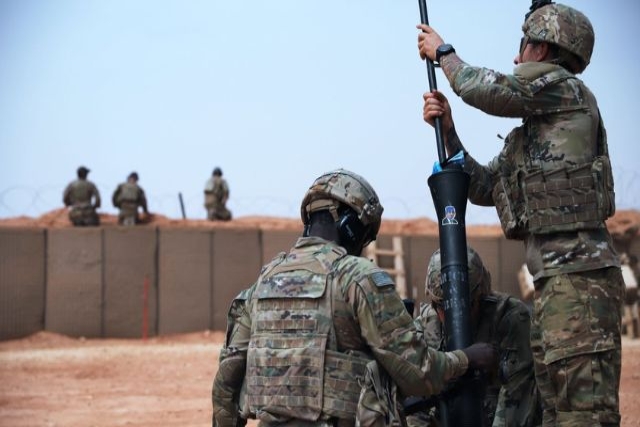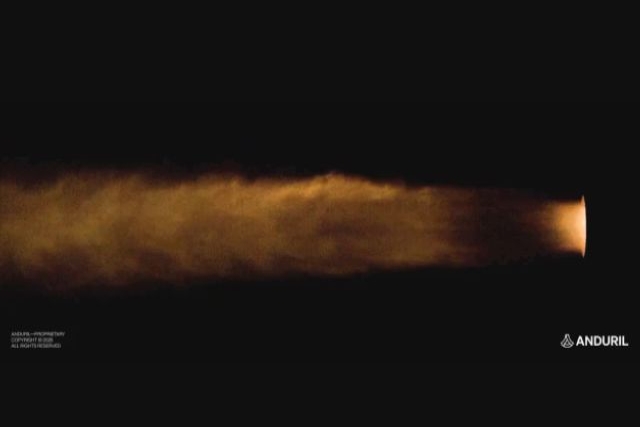Sanctions Threat Fails to Frighten Russian S-400 Missile Defense System Buyers
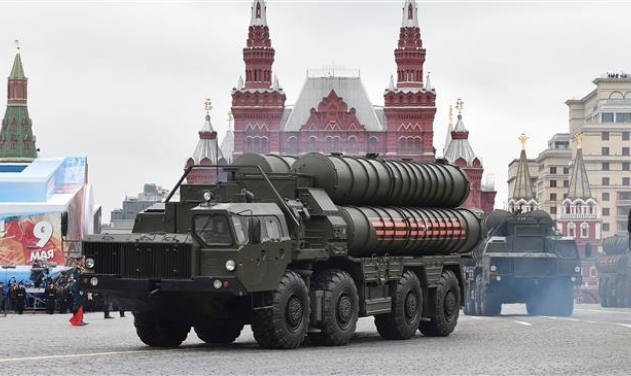
The United States efforts to dissuade its allies and partners from buying large defense systems from Russia using the Countering America's Adversaries through Sanction Act (CAATSA) seems to be running into a brick wall with India, Turkey and Saudi Arabia likely to go ahead with S-400 missile defense systems purchase from Moscow.
The CAATSA requires that the countries that have significant defense cooperation with Russia can be sanctioned by the US for no fault of theirs except that they have entered into a commercial buyer-seller agreement with a Russian defence industry entity.
“We have discussed CAATSA with the Government of India just as we have discussed with a number of others who might be potentially contemplating purchase of large defense systems from Russians. We want to work with all of our partners to help them identify and avoid engaging in any potentially sanctionable activity,” Tina Kaidanow, Principal Deputy Assistant Secretary of State for Political-Military Affairs, who returned from India recently was quoted as saying by the Hindu Saturday.
Although, the US official makes it clear the section 231 of CAATSA can be applied to any third-nation firm or individual can face penalty if it engages in a significant transaction with Russian defense or intelligence sectors, at this point of time, it is certainly not working according to the US plans.
“In all our engagements with the US, we have clearly explained how India and Russia's defense cooperation has been going on for a long time and that it is a time tested relationship. We have mentioned that CAATSA cannot impact the Indo-Russian cooperation,” Indian Defense Minister, Nirmala Sitharaman said in a press conference last Thursday.
India plans to buy five S-400 Triumf air defense systems for an approximate $4.5 billion. Besides India, Turkey, Qatar and Saudi Arabia are also eyeing to buy S-400 systems. Turkey has rejected the US demand for cancellation of the purchase of S-400 units from Russia. For now, the US efforts seem to be targeting countries that have signed up to buy the S-400 system. Significantly, the Trump administration has been silent on sanctioning China, which is the first country to actually receive its first lot of S-400 missile systems and is expected to receive more in future.
The US State Department spokesperson Heather Nauert had stated that Washington has “serious concerns about Turkey's potential acquisition of the systems.” She said that, as a fellow NATO member, the country should only be using NATO-compatible systems.
US Secretary of State Mike Pompeo reiterated Washington's stance last week, telling the House Foreign Relations Committee that the US is making efforts to “keep the Turks in a place where they will never acquire the S-400.”
Turkish officials responded with a resolute “no” to the demand. They said S-400 will be bought since Turkey needs them and added that any sanctions against their country "will not be left unanswered", Turkey’s Hurriyet Daily said on Thursday quoting a diplomatic source as saying.
The US law has upset the Middle East countries as Saudi Arabia, which is one of the closest allies in the region. Saudi Arabia is continuing talks of procuring the missile defense system although it threatens its neighbour, Qatar against acquiring the system. Saudi Arabia signed an agreement during King Salman’s visit to Moscow in October last year with intent to formalize the deal in 2018. Saudi Arabia is also eyeing technology transfer for local production.
"The statement by Mitchell [US Assistant Secretary of State for European and Eurasian Affairs Wess Mitchell] that Ankara risks falling under sanctions if it purchases S-400 systems from Russia, is exactly an example of a blackmailing attempt in the hope that it will be possible to ensure unfair competition for American companies," Russian Foreign Minister Sergey Lavrov was quoted as saying by TASS in response to US statements on possible sanctions on Turkey in April this year.
"The United States as a NATO member should also listen to the collective opinion expressed by the NATO Secretary General," Lavrov had pointed out. Competition in the arms export "existed, exists and will always be," he said.
CAATSA may impact countries such as Algeria, Myanmar, Malaysia, Kazakhstan and Ethiopia because of their significant defense relationships with Russia.
